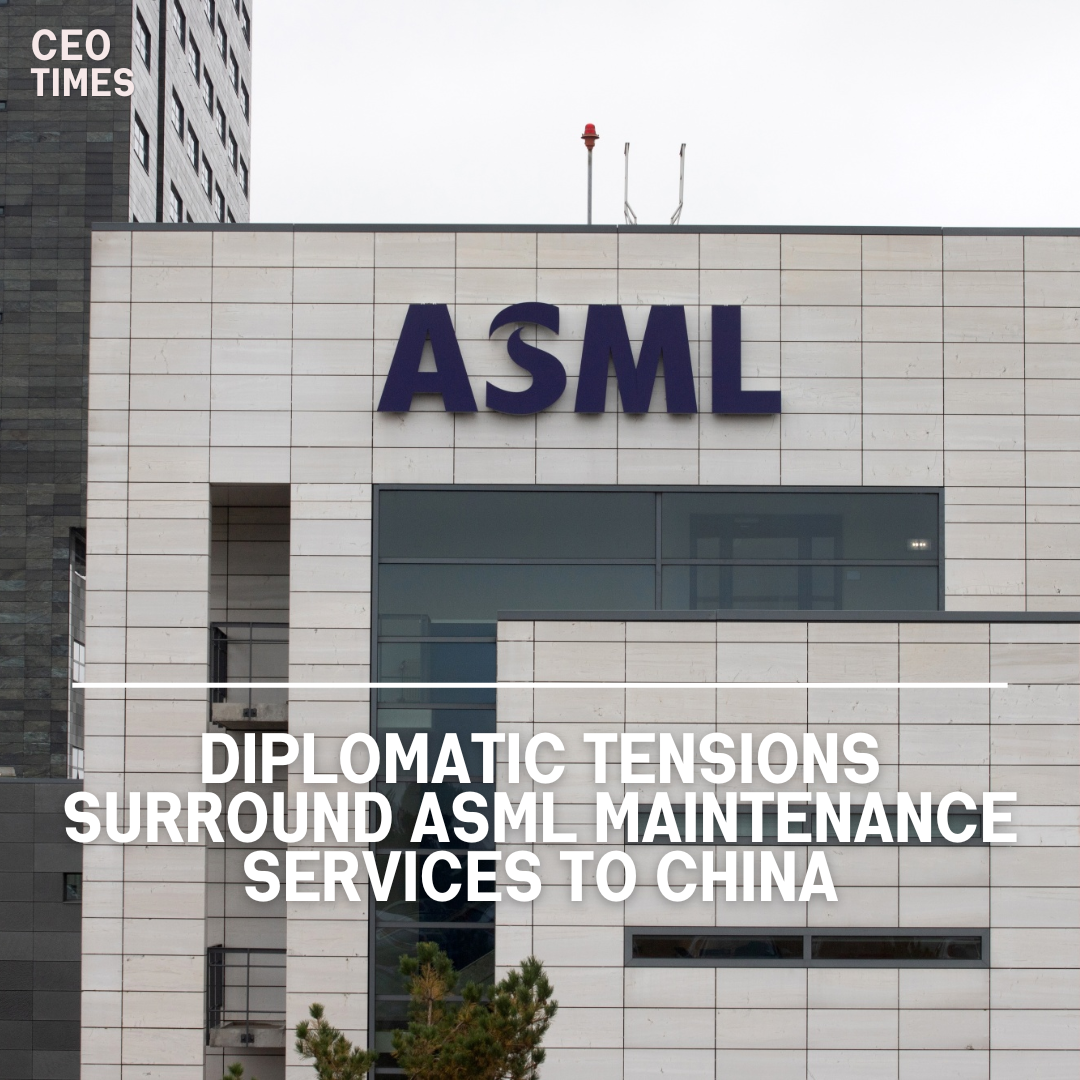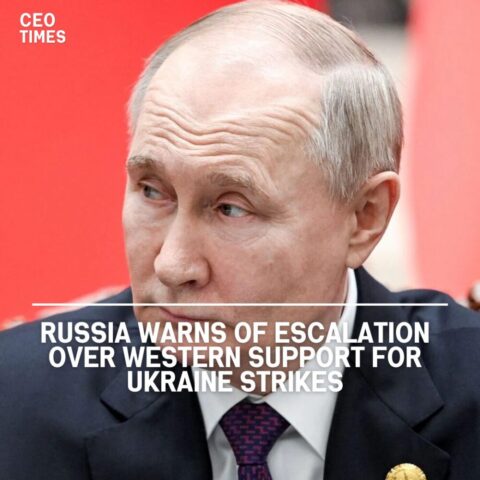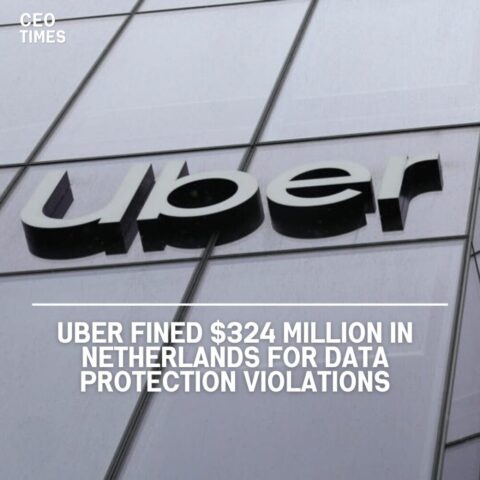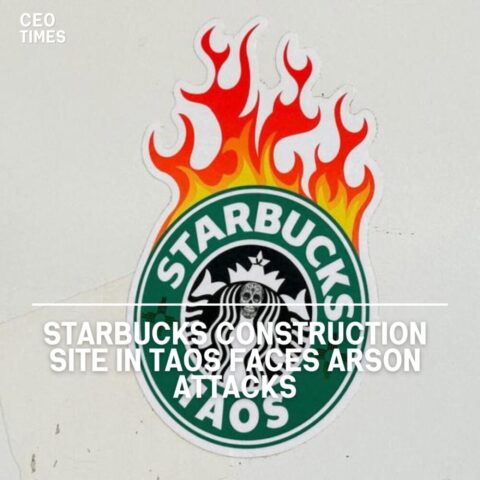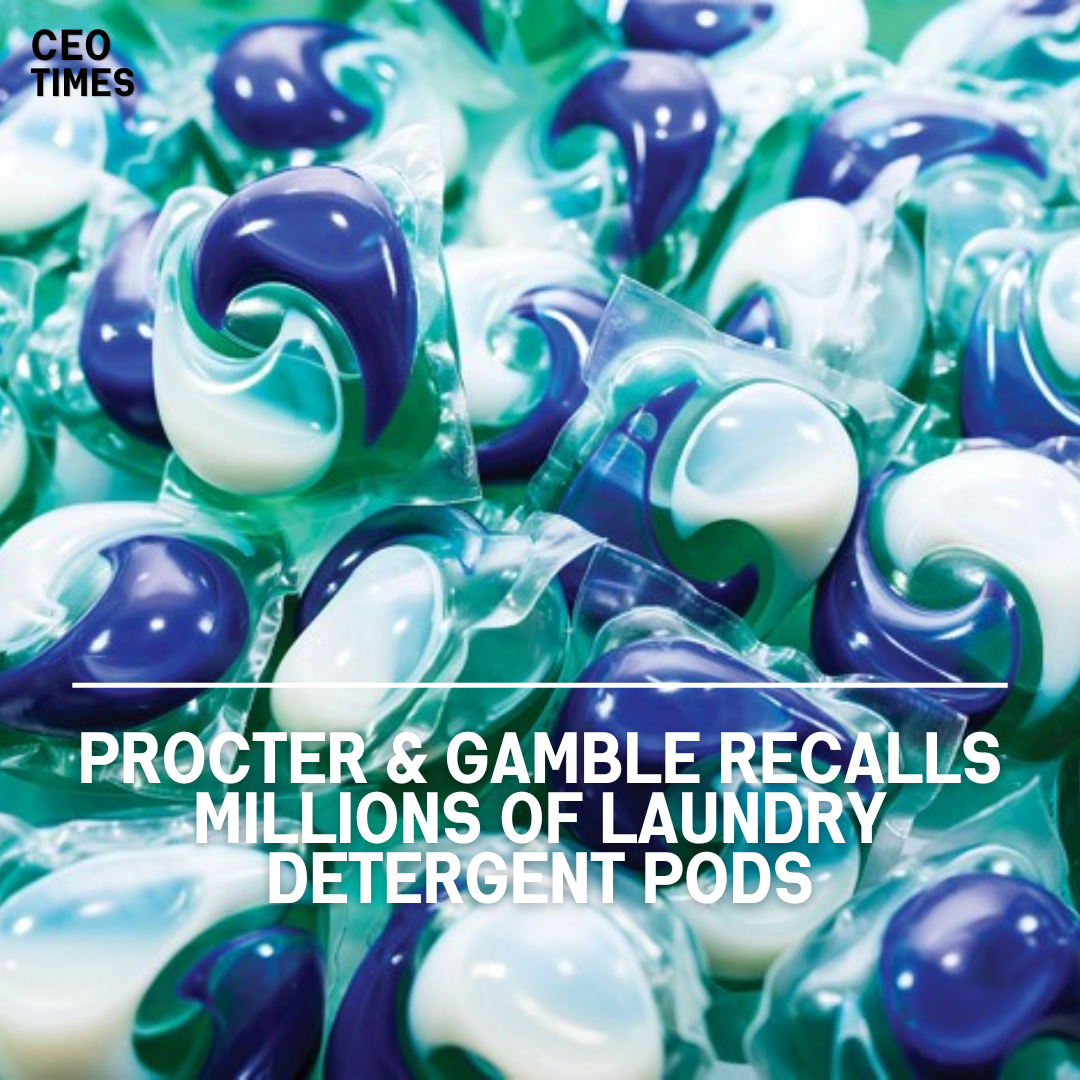The United States demand that chipmaking giant ASML ceases servicing equipment sold to Chinese customers presents a complex diplomatic and business dilemma for the Dutch government as it navigates between international pressures and national interests.
Dutch Government’s Reluctance and Alignment with Washington:
While the Dutch government hesitates to make a blanket decision, its public statements and national security concerns indicate a tendency to align with Washington’s export restrictions, particularly regarding Chinese maintenance requests for ASML equipment.
Denying maintenance requests for ASML equipment could set back China’s efforts to develop its domestic chip industry, as ASML’s technology is integral and difficult to replace. The potential breakdown of equipment over time without maintenance exacerbates the challenge.
Complications for ASML Operations and Dutch Economic Interests:
The Dutch government’s stance may complicate efforts to prevent ASML Holdings NV, a crucial Dutch company, from relocating operations abroad. The balance between national security priorities and economic considerations becomes increasingly delicate.
Dutch security concerns, including support for Ukraine in conflict with Russia, shape the government’s approach to ASML’s servicing requests from Chinese customers.
Prime Minister Mark Rutte’s discussions with Chinese President Xi Jinping underscored the interconnectedness of diplomatic relations and economic considerations.
Rutte’s Diplomatic Discourse and Chinese Response:
Rutte’s discussions with Xi highlight the tension between Dutch security interests and Chinese diplomatic pressure.
Xi’s warning against “decoupling and breaking links” with China underscores the complexities of maintaining diplomatic relations amidst competing interests.









